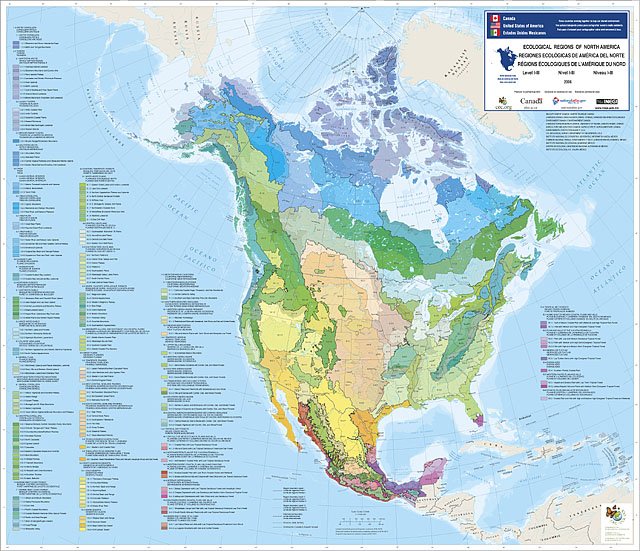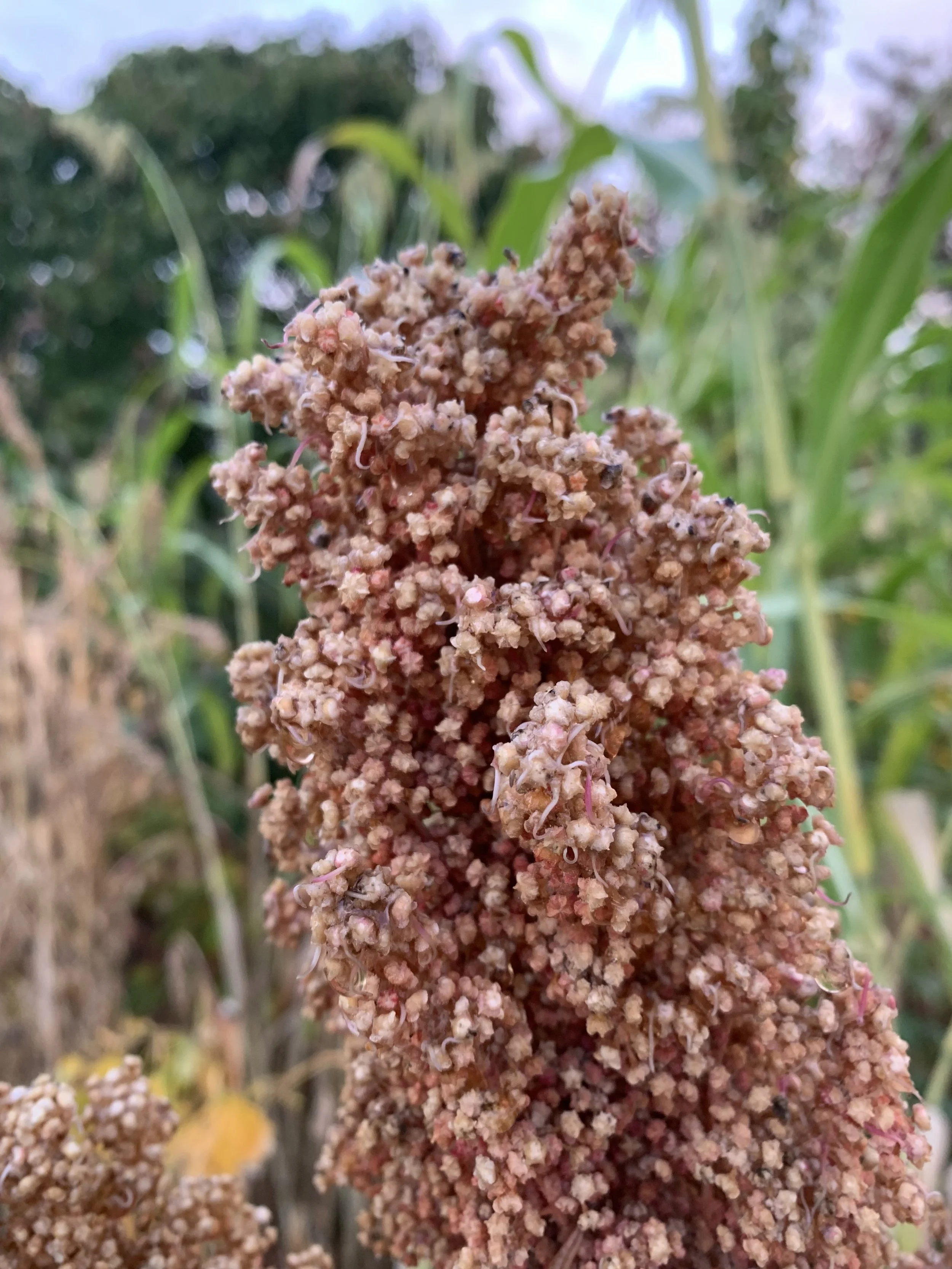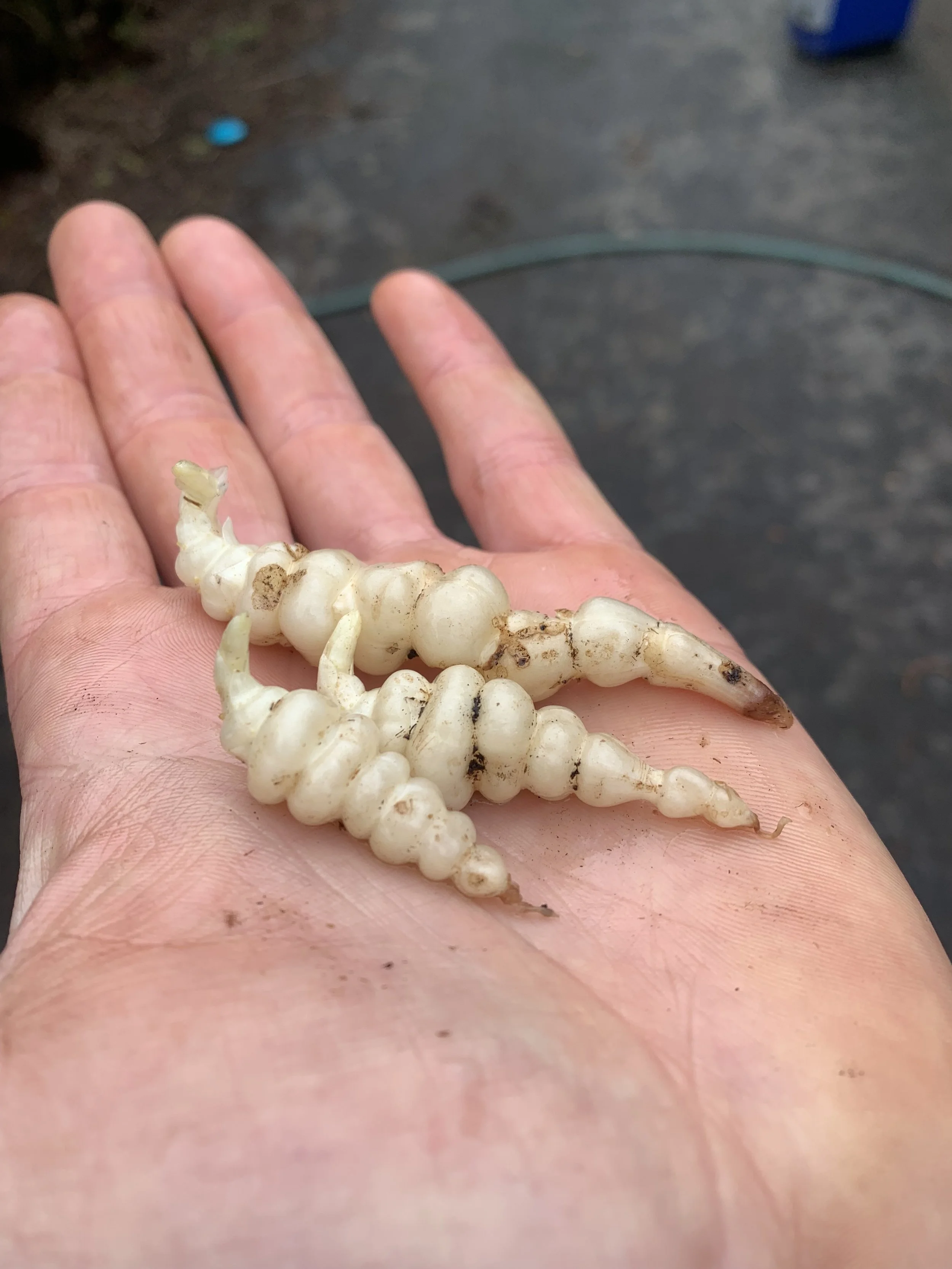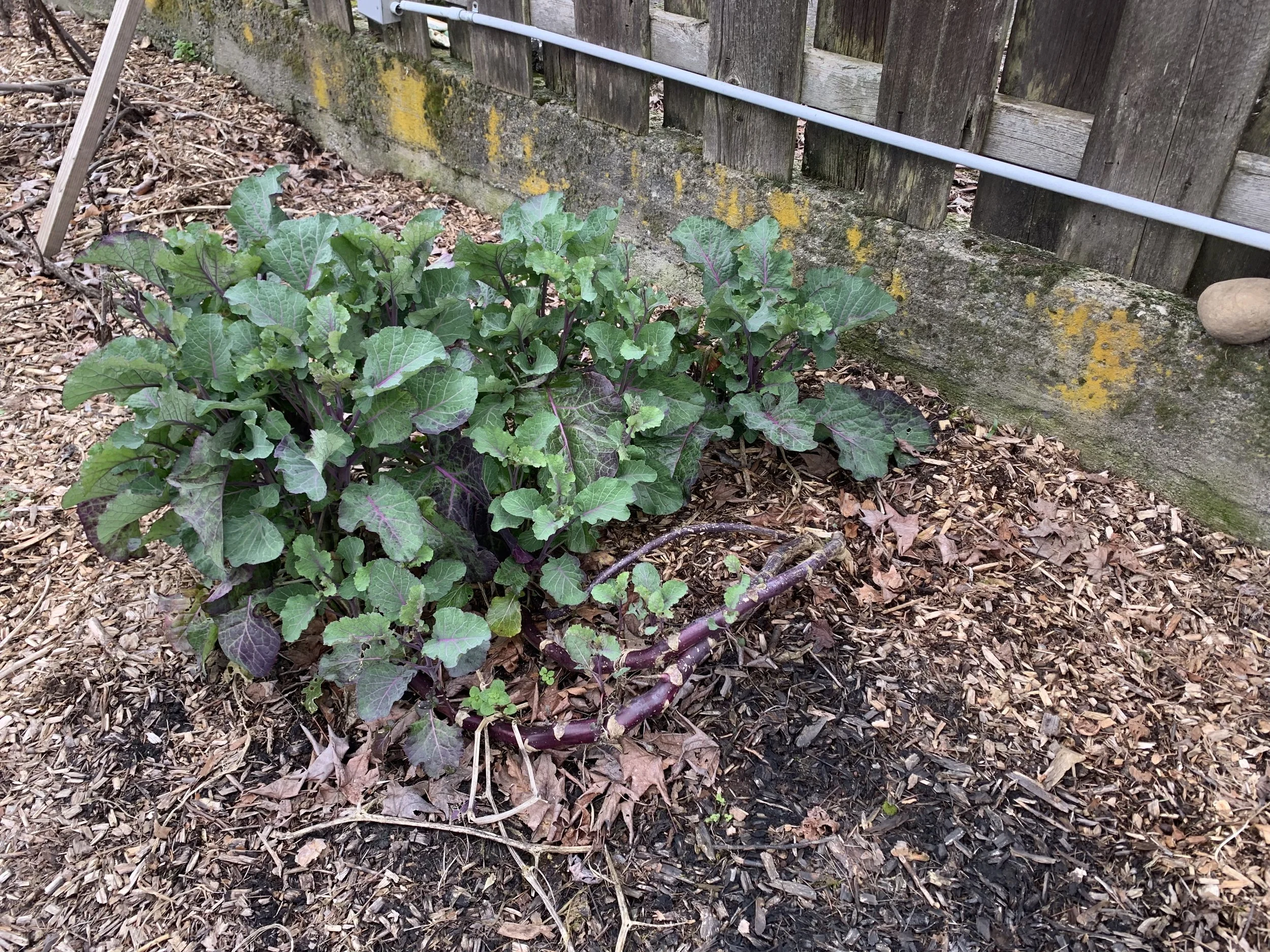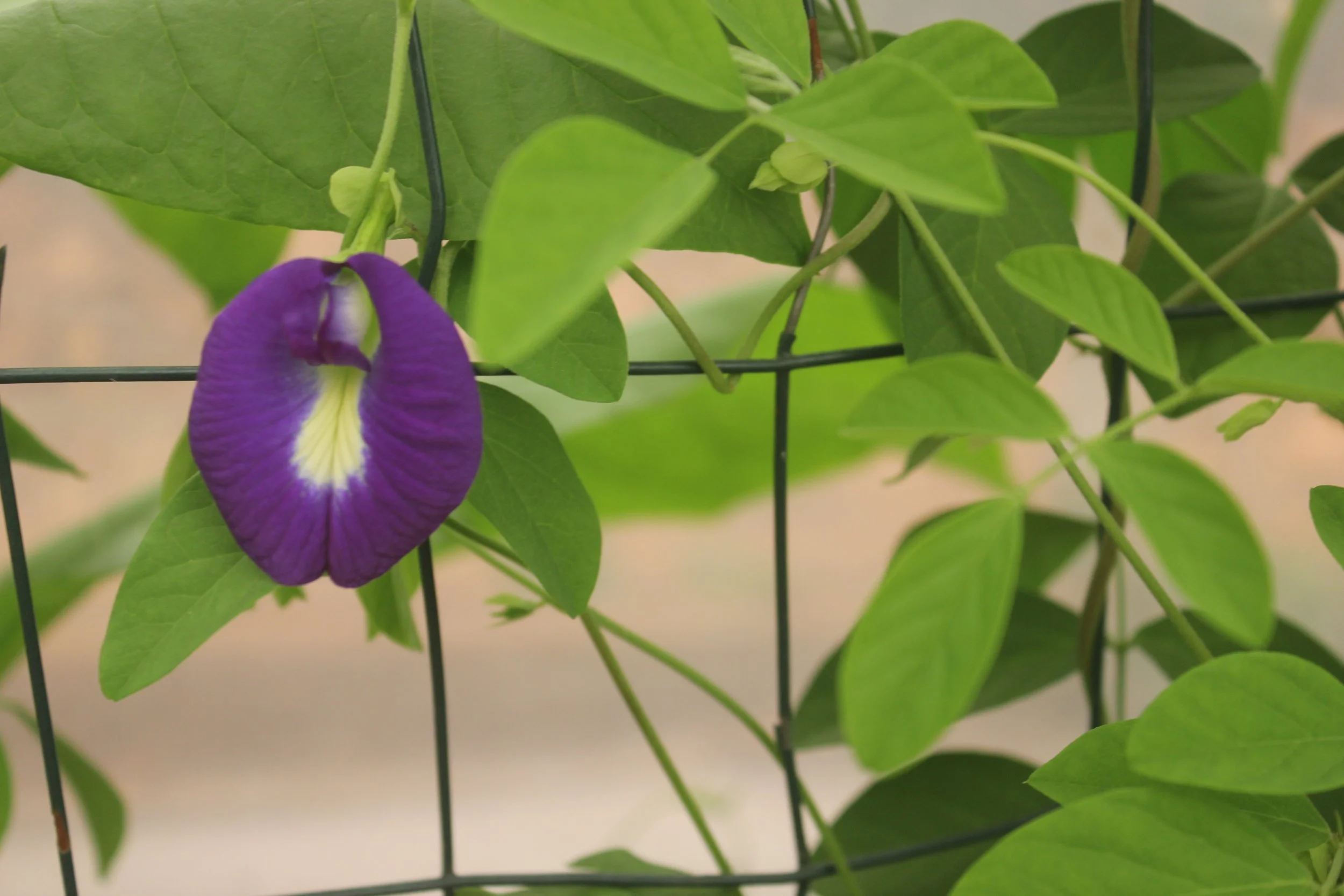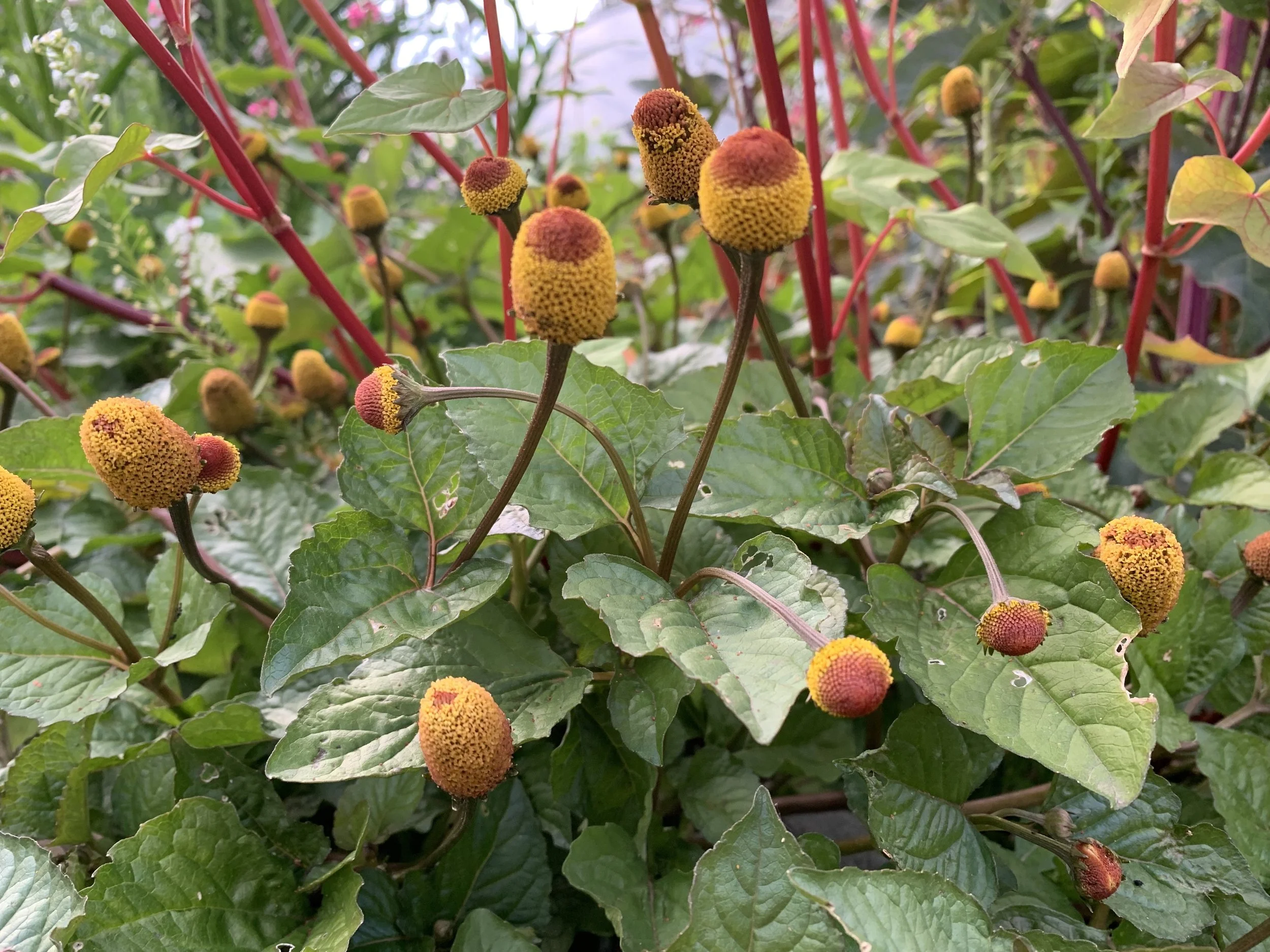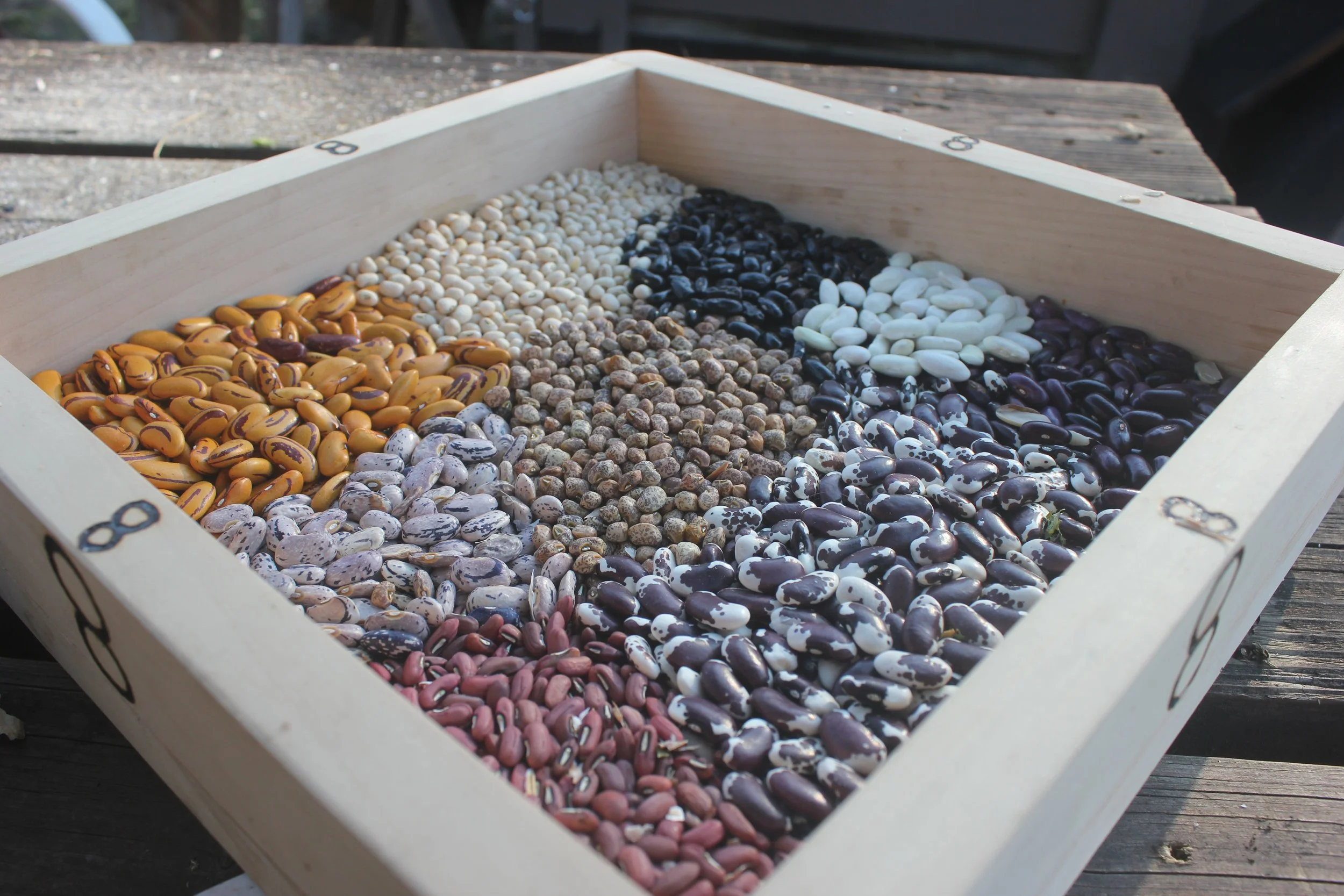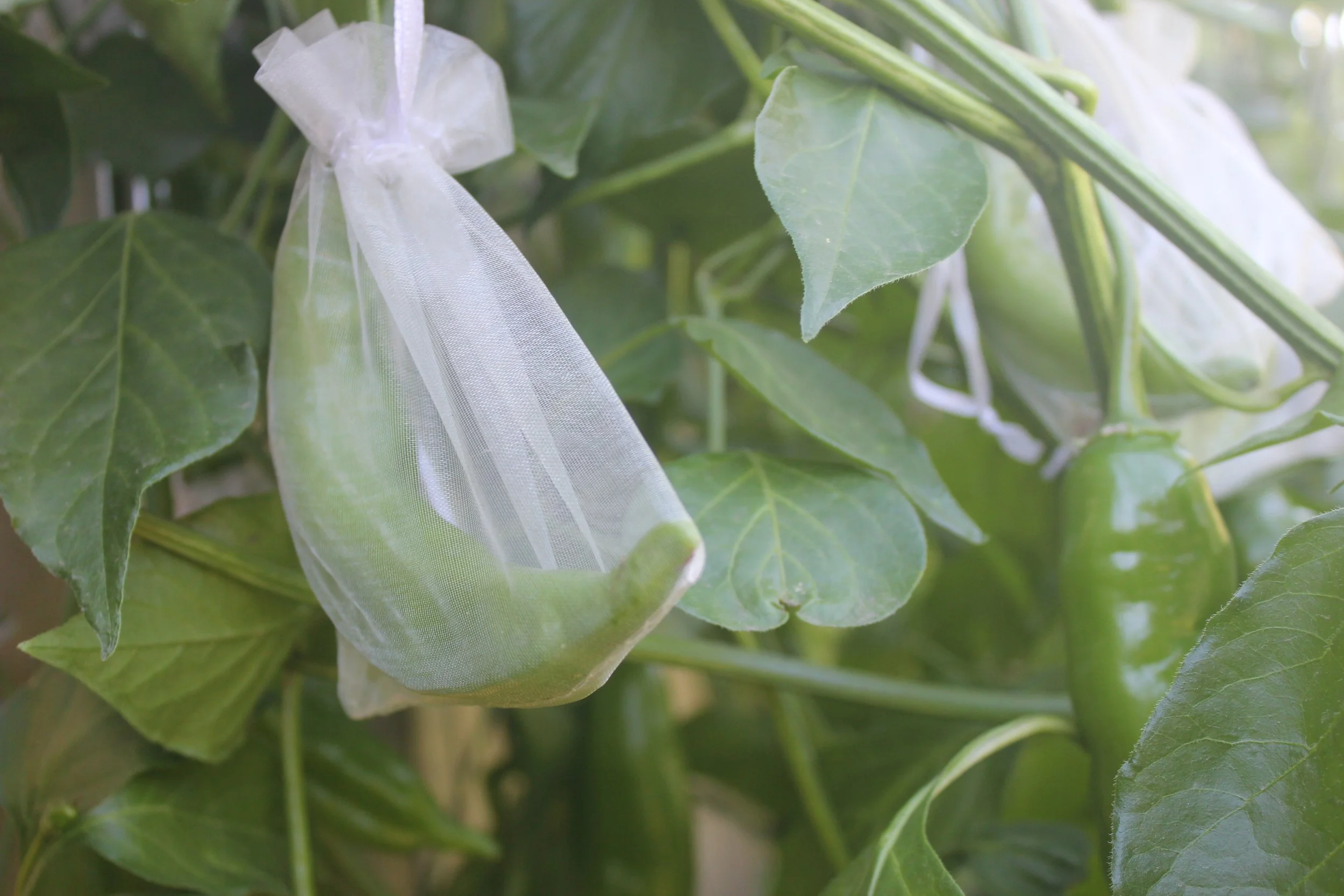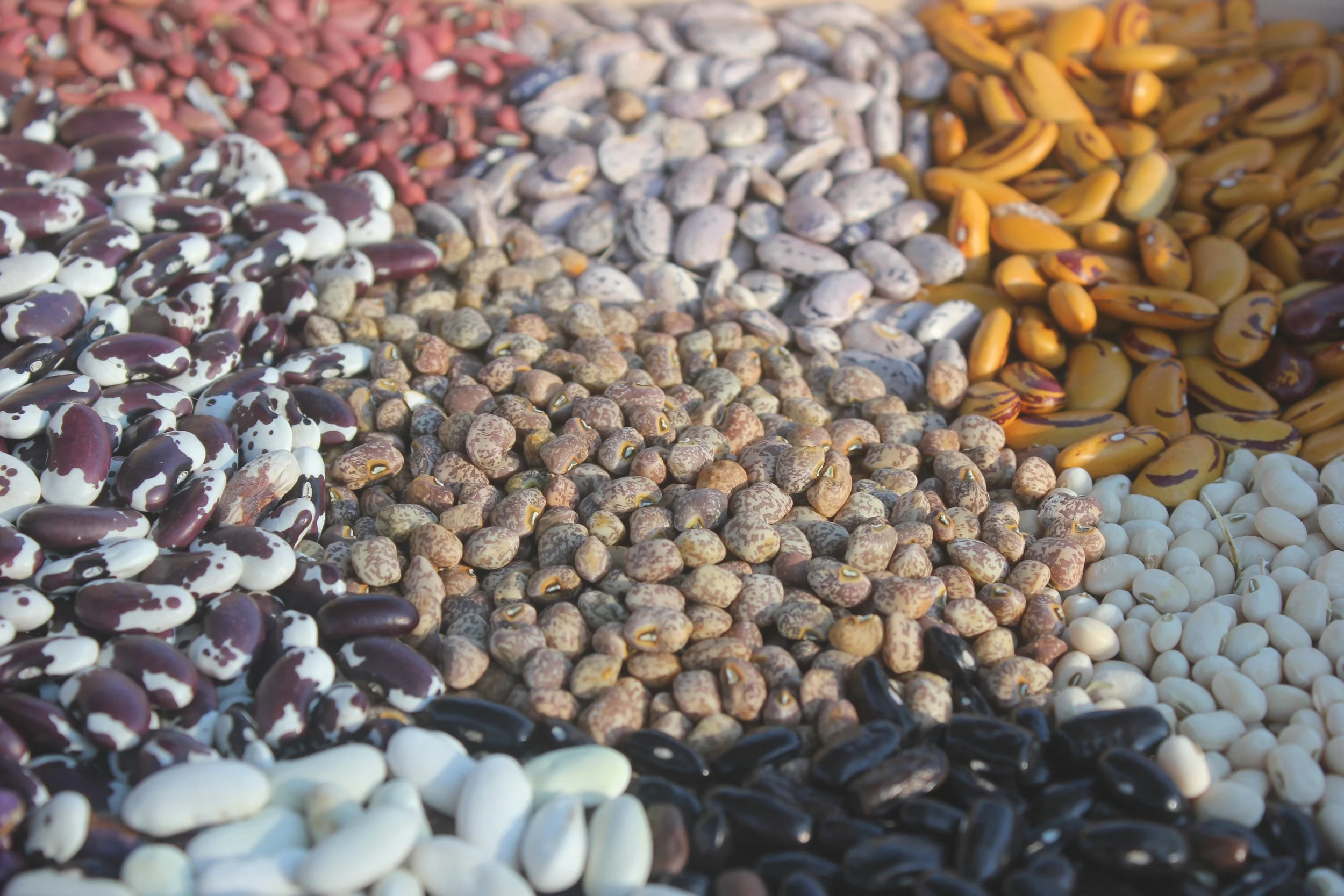
SEED DIVERSITY
Just as seeds represent the culmination of one life cycle and the beginning of another, saving seeds is both humanity’s heritage and our birthright.
LOCALLY ADAPTED
Because seeds typically grow best in conditions similar to those in which their parent plant grew, their tolerance to drought, heavy rainfall, pests, diseases, extreme heat or cold temperatures are all part of their genetic makeup.
However, since the dawn of agriculture, farmers have learned to expand the range in which certain plants can be grown. By starting seeds in less familiar climates, and selecting the healthiest plants from which to save seeds come harvest time, generations of farmers have adapted seeds to thrive in diverse local environments.
The advantages of such locally-adapted seeds are difficult to understate. One study found a 2.5x greater likelihood of seedling survival and a 17% increase in total size when seeds were grown in familiar ‘parent’ soil as compared to those grown in non-local soil types.
The United States alone has a stunning diversity of ecoregions, which directly impact the success of our crops. Yet only four major seed producers supply 50% of seeds to farmers and hobbyists worldwide. As a natural consequence of this consolidation, most seeds sold today are not adapted to the specific ecoregion in which they are grown.
Locally-adapted seeds can make all the difference for farms, homesteads, and urban gardeners alike come harvest time. And in our rapidly changing climate, seeds adapted to local extremes are more valuable than ever.
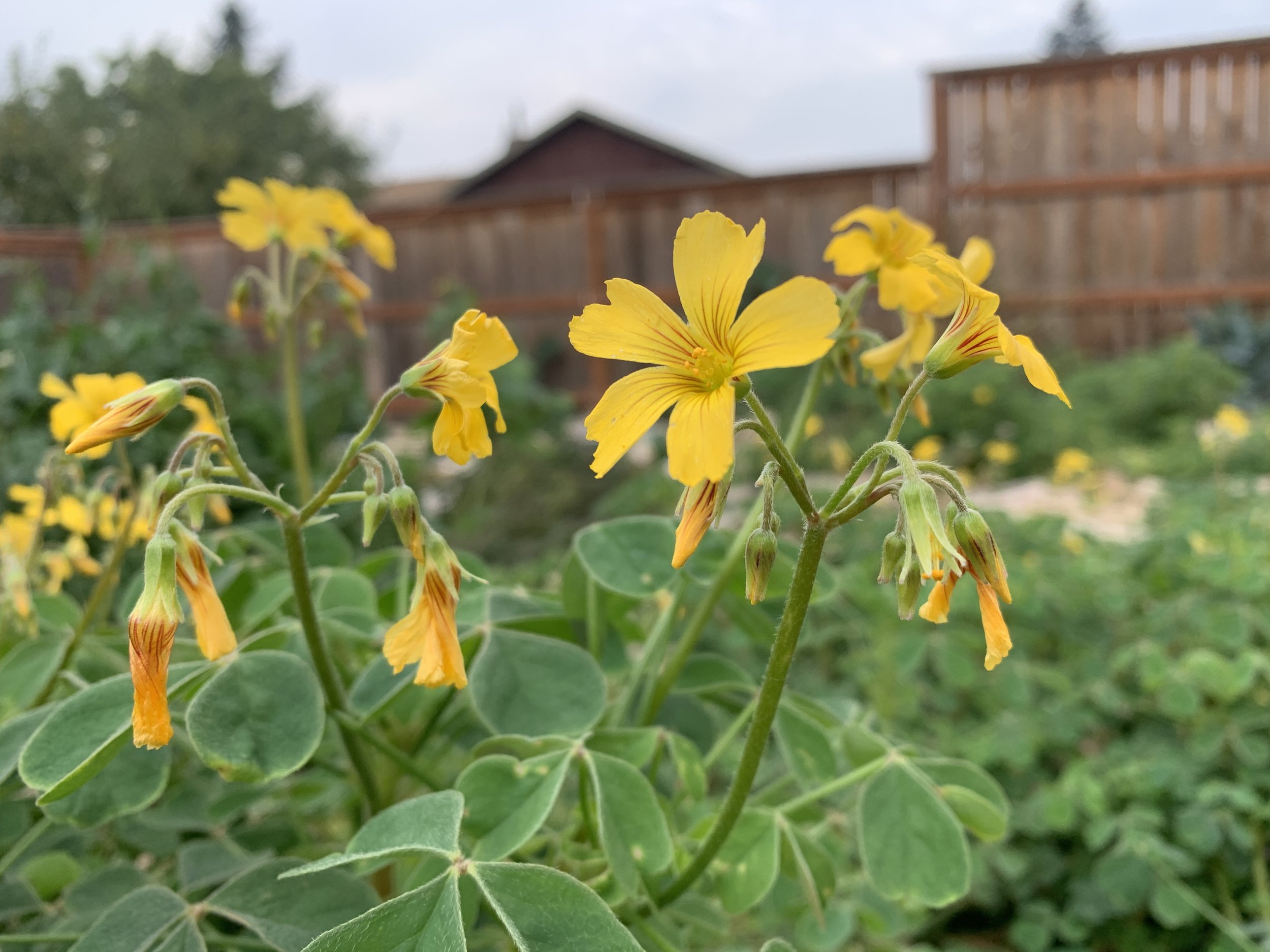
SECURITY IN DIVERSITY
Remarkably few of the known edible plants worldwide are widely cultivated. Yet these foods and medicines may be key to helping us keep communities nourished through increasingly unstable growing conditions. At RSF we take crop diversity to new heights by growing a number of unique cultivars of familiar garden standbys alongside rare and exotic plants. By growing them locally and helping them adapt to our local climate, we further strengthen our local food system to withstand coming environmental shocks. Take a gander at some of our stranger plants in the carousel below.
OPEN ACCESS
The food crops we know and love today — from the most commonplace to the more obscure — are almost all a product of countless generations of farmers and home cultivators using selective breeding to save and grow seeds from plants with desirable characteristics. (For a fun visual aid and pop quiz, follow this link to see if you can match modern crops to their wild ancestors.)
While scholars debate the precise extent of crop diversity loss, the Food and Agriculture Organization of the United Nations (FAO) estimates that 75% of crop diversity has been entirely lost since 1900, and 90% of crop varieties have disappeared from active use in farmers’ fields. Among the main drivers of this loss are replacement with modern cultivars, market globalization, and seed system deficiencies.
Evidence mounts that genetic diversity in our agricultural systems will be crucial to avoid food system collapse in our changing climate. Despite this, the “big four” chemical companies continue to claim intellectual property rights over seed varieties, and pursue legislation that curtails citizens’ freedom to save, swap, and sell the seeds we need to stabilize our food system.
At RSF we are committed to keeping our seeds accessible to all. While those who utilize our seeds are actively encouraged to sell produce, plants, and seeds they have saved from our parent seeds, we will commit any new varieties we breed to the Open Source Seed Initiative, meaning they cannot be patented or subjected to intellectual property rights. Thus, in addition to donating half of our seeds to change-makers and those in need, we’ll never claim ownership rights over the genetic contents of the seeds we breed.
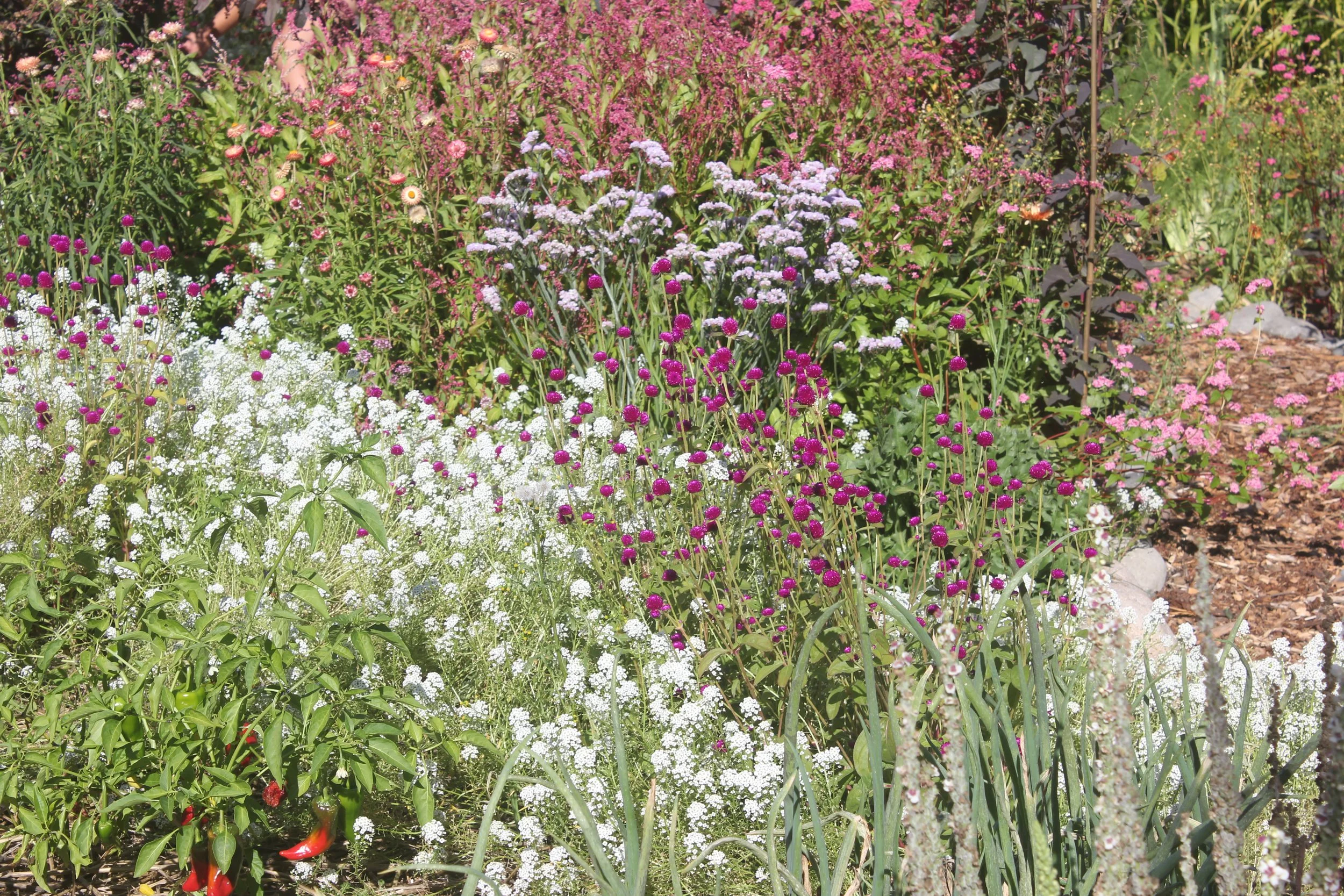
SEED BANKS: BEST CASE SCENARIO
At best, seed banks are like savings accounts — it is great liquidity to have for quick access during a crisis, but no financial advisor would suggest you place all of your money in that account. Interest rates for savings accounts are so low that they do not keep pace with inflation, making your money worth less over time. Thus, financial experts advice us to diversify our investments.
Germination rates (the percent of seeds that successfully sprout) fall over time even under optimum storage conditions, and many seed banks are unable to regularly grow out and replace significant portions of their older seeds.. Locking away ancient breeds and varietals gives us savings to draw on in a crisis. But it also gives them little to no opportunity to adapt to our changing climate.
RSF: BEST CASE SCENARIO
Adapting seeds is exactly what we do. Instead of holding seeds in storage for a decade, by growing crops and saving seeds each year we give our food crops the opportunity to adapt each generation to our increasingly tumultuous local climate. Research has shown that in many other countries, residential gardens and homesteads can be a great source of crop biodiversity. We’re here to build on that.
Our approach is a direct investment in the resilience of our crops, and the more seasons we stay open the more adapted our seeds become to our local environment. By distributing those seeds widely across our greater community, and teaching people to save the next generation of seeds, we diversify our investments in local food security. Thus we are building a community with the best chance of never needing to make an emergency withdrawal from seed vaults.
SEED BANKS: OUR CURRENT SCENARIO
Seed banks often grapple with funding and logistical challenges. Shifting priorities in agricultural policies and short-term funding has caused many seed banks to drop prioritizing overall diversity and long-term research programs in favor of duplicating particularly significant crops such as wheat, rice and barley. They also face external threats: infrastructure failures, climate change, and recently, war.
Finally, many major seed banks are funded or operated by organizations that have played key roles in creating a number of the greatest challenges facing agriculture today, including: the policies of the “Green Revolution”; the widespread use of chemical inputs that harm soil, water, and biodiversity; and patent protections for biological materials.
RSF: OUR CURRENT SCENARIO
We have spent the last two years establishing the farm as our proof of concept, and it has been a success. In 2022, we gained 501(c)(3) nonprofit status, distributed over 3,000 seed packets to local low-income and BIPOC communities, and are currently processing hundreds of thousands of seeds for distribution in 2023. We’re working hard to make sure that our neighbors, members and partners can have a successful growing season in the coming year, and to develop educational programming that will inspire our peers and the next generation of seed savers.
But we need your help to keep the farm gates open through the 2023 season. You can invest in us – and the future of our local food system – by becoming a member, donating to our holiday fundraiser, or sharing our fundraiser on social media.


